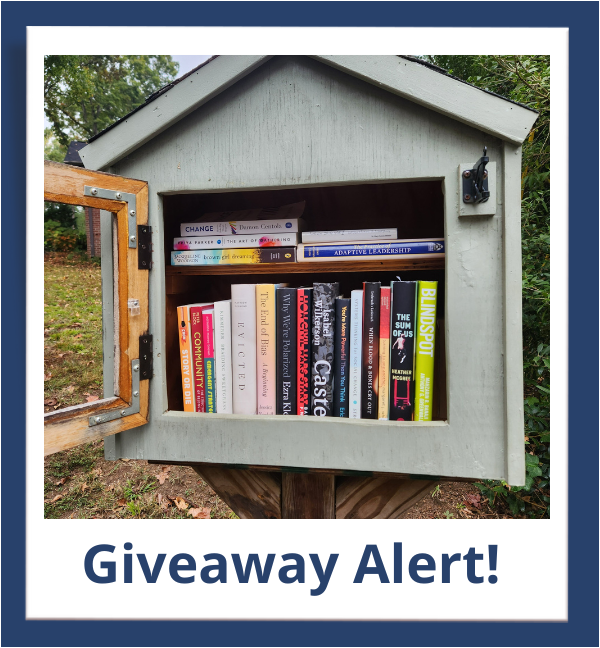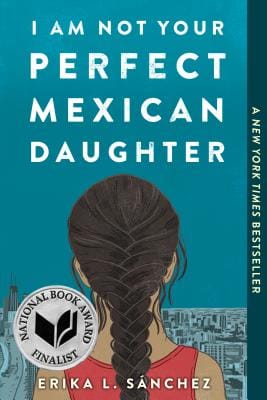Communion
com·mun·ion /kəˈmyo͞onyən/ The sharing or exchanging of intimate thoughts and feelings, especially when the exchange is on a mental or spiritual level. - Oxford Languages
Over the years, so many of my guests have highlighted the importance of being in communion with our neighbors. They have also shared the many ways that they make their communities more inclusive and equitable through using intentional listening and conversation.
When I talked with Mary Anne Inglis and Victoria Chance from My Neighbor's Voice (MNV) in a recent interview, Mary Anne described intentional listening as an act of grace and love. At MNV, they've developed listening cards and a moderated process to make it easy for diverse community members to come together and practice safe and respectful sharing and listening. At MNV, they believe "that it is through deeply listening that we deeply connect, and when we are connected, we are resilient."
In my interview with Jerry Hawkins of Dallas Truth, Racial Healing and Transformation, he talked about a tool that they use called racial healing circles.
What racial healing circles require you to do is to be an intent listener without speaking. You are receiving the narrative of someone else. You are changing yourself by receiving that narrative and allowing yourself to be changed by that narrative. These are usually in dyads that are in different racial groups. So, it may be an Asian woman with a Latino man. They have two different experiences, and that narrative requires each of them to listen but also to grow because now they're taking in a narrative that they have never received, and they can empathize with the person because they are not receiving any feedback. They are just listening. It requires you to open up yourself. So, that's an example of how narrative can shift people internally. Then we do that in a collective, we all now share some of those things in a big circle, and it requires us to now have different relationships with people. So, that's an example of a tool that could be individual and both collective as well. - Jerry Hawkins
In the episode Building Community in Charlotte, NC, Janeen Bryant shared how they do the work of community conversation and listening at the Community Building Initiative in Charlotte. Janeen reminded us that we don't have to wait for change someday, change can begin right now.
We've been taught not to collaborate with each other, and we've been taught not to see each other. We've been taught to look at change-making as destabilizing and disruptive. I think anything that we can learn from this moment after many years of radical change in our communities and our political landscape, and our health is that the "big we" are the ones that can make the changes to support each other. It doesn't have to be the "wait for" generation. It might be. But the reality is that we can start to do some of these things right now. The one thing that we can always start to do is listen carefully to each other. From that listening, we can care about each other. Even if the perspective is different, we can still care about each other.
In my interview with artists Nick Cave and Bob Faust, I came to understand how art could be a tool to spark and enable community conversations at scale. As Nick and Bob shared about one of their installations, AMENDS, Bob described art as providing an opening, a new way into difficult conversations.
I think that’s what art does. Art is new ways into a conversation. There are ways that are less direct. They’re a little safer for very varying opinions to enter a space or a subject that there might be conflict on. Just being able to get into that space allows for there to be a conversation, at least the beginning of one.
In my episode Creating Community Conversations, Davelyn Hill from Speaking Down Barriers talked about the importance of proximity and the opportunity that conversation gives by bringing us together.
I think conversation puts us in proximity to each other and gives us the opportunity to not only ask people to come to a consensus, but to actually celebrate another person’s differences...I could read about people who are different from me, but until I meet them and have conversations, nothing really changes.
These are just a few examples, but you get the idea. So many people I've talked with mentioned the critical importance of intentional listening, sharing, exchanging, and proximity. In other words, being in communion with our neighbors. The kind of deep listening and difficult conversations we are talking about may require us to learn and practice new skills and even unlearn things that aren't serving us well.
As we reflect at the end of the year and begin to set intentions for next year, I'd like to challenge each of us to cultivate a stronger practice of intentional listening and respectful and inclusive conversation, step outside our comfort zones to be proximate to and in communion with our neighbors, and not just those who are most like us or most likely to agree with us. Be brave and be respectful.
In her book, Turning to One Another: Simple Conversations to Restore Hope to the Future, Margaret Wheatley shares so much beautiful wisdom about community, listening, and conversation. I'll just end with this opening paragraph from her book.
I believe we can change the world if we start listening to one another again. Simple, honest, human conversation. Not mediation, negotiation, problem-solving, debate, or public meetings. Simple, truthful conversation where we each have a chance to speak, we each feel heard, and we each listen well.
We Have a Winner!

Ann is the winner of our November Book giveaway. She selected I Am Not Your Perfect Mexican Daughter by Erika L. Sánchez. Congratulations, Ann!

This has been such a fun way to grow our subscribers that I fully expect we will have another book giveaway in 2024. Stay tuned!
Thanks for reading today and for your personal commitment to inclusion and equity.
If you're interested in building a more inclusive community and world, I'm sure you know others who are, too. Please share this newsletter with a colleague or friend.
This is a State of Inclusion publication.


